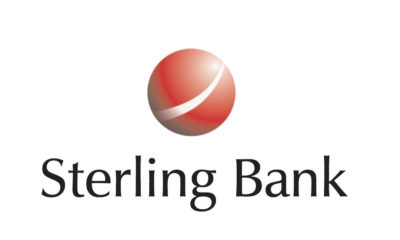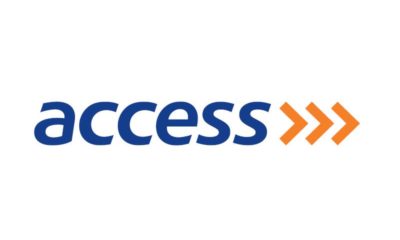- Alibaba Says Profit up 132% in ‘Outstanding’ Quarter
Chinese e-commerce giant Alibaba said on Thursday that soaring sales fuelled a 132 percent increase in net profit in what it called an “outstanding” quarter, as the firm raised its expectations for full-year revenue growth.
China’s biggest e-commerce company said net profit for the three months ending September 30 reached 17.67 billion yuan, ($2.67 billion), up from 7.62 billion yuan in the same period of 2016.
“We had an outstanding quarter,” Chief Financial Officer Maggie Wu said in a statement.
“This quarter we delivered excellent results, with overall revenue growth of 61 percent demonstrating the robust momentum in our core commerce business and across the Alibaba economy.”
Alibaba said revenue growth in the quarter was fuelled in large part by technological innovations including the app for its key Taobao online shopping, which it said has a growing capability to anticipate and suggest shopping options to its hundreds of millions of users.
Revenues in the quarter, the second in Alibaba’s fiscal year, came it at 55.1 billion yuan, topping an analyst estimate of 52 billion yuan compiled by Bloomberg News.
The company was now raising its growth forecast for revenues in the full fiscal year to 49-53 percent, compared to a previous expectation of 45-49 percent growth, citing the expected beneficial impact of its plan to take control of logistics company Cainiao.
Alibaba, which has made billionaire founder Jack Ma one of China’s richest men and a global e-commerce icon, has been on a roll, regularly beating revenue estimates and watching as investors have driven its New York-listed shares up 110 percent since the start of the year.
Investor optimism for the future has been a key ingredient in the rally, with Alibaba raising expectations as it continues to adapt to, and profit from, the Chinese e-commerce boom that it helped to ignite.
Future dividends are expected from heavy investments in cloud computing, artificial intelligence, financial systems, logistics, the use of data to further home in on consumer habits, and Ma’s vision of using e-commerce to revitalise traditional retail.
Alibaba reported solid revenue growth across its core commerce, cloud computing, digital media, and other divisions.
Sales growth in core commerce grew 63 percent to 46.5 billion yuan, which accounted for 72 percent of overall group revenue.
The company is expecting a further shot in the arm in a week’s time, when it holds its “11.11” shopping extravaganza on November 11. It said hundreds of millions of consumers are expected to participate in the annual festival of consumption.
Alibaba thoroughly dominates e-commerce in China mainly through its Taobao platform, and its continued strong earnings performances have underlined the strength of the sector even as broader Chinese economic growth has slowed.
The company said mobile monthly active users of its China retail marketplaces grew to 549 million in September, up 20 million from just three months earlier.



 Naira4 weeks ago
Naira4 weeks ago


 Naira3 weeks ago
Naira3 weeks ago


 News4 weeks ago
News4 weeks ago




 Naira4 weeks ago
Naira4 weeks ago
 Naira3 weeks ago
Naira3 weeks ago


 Jobs3 weeks ago
Jobs3 weeks ago


 Travel3 weeks ago
Travel3 weeks ago
 Naira3 weeks ago
Naira3 weeks ago




















